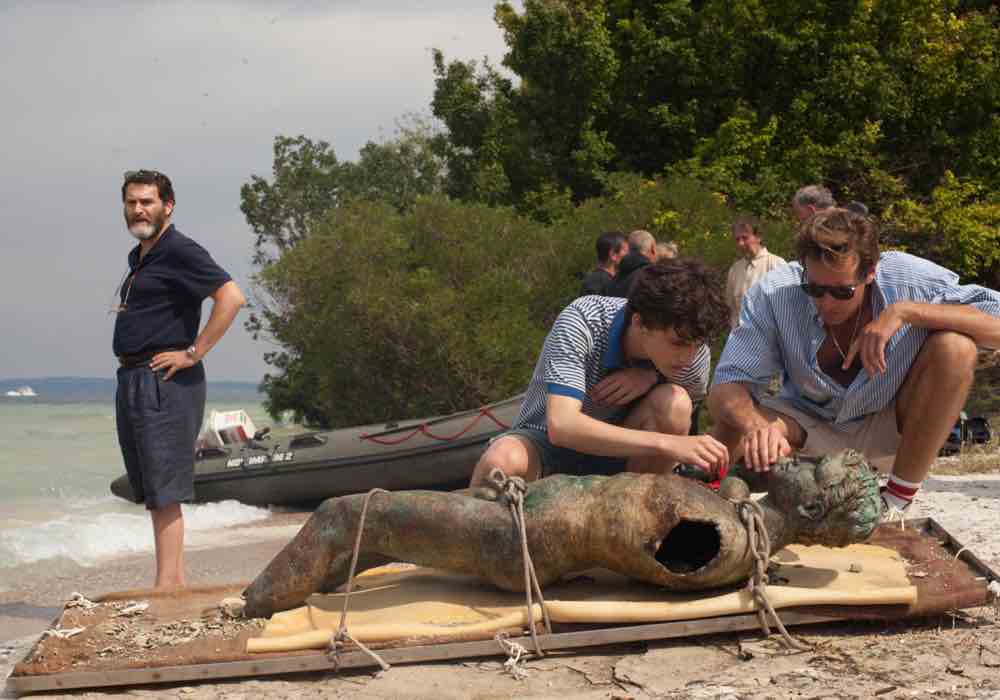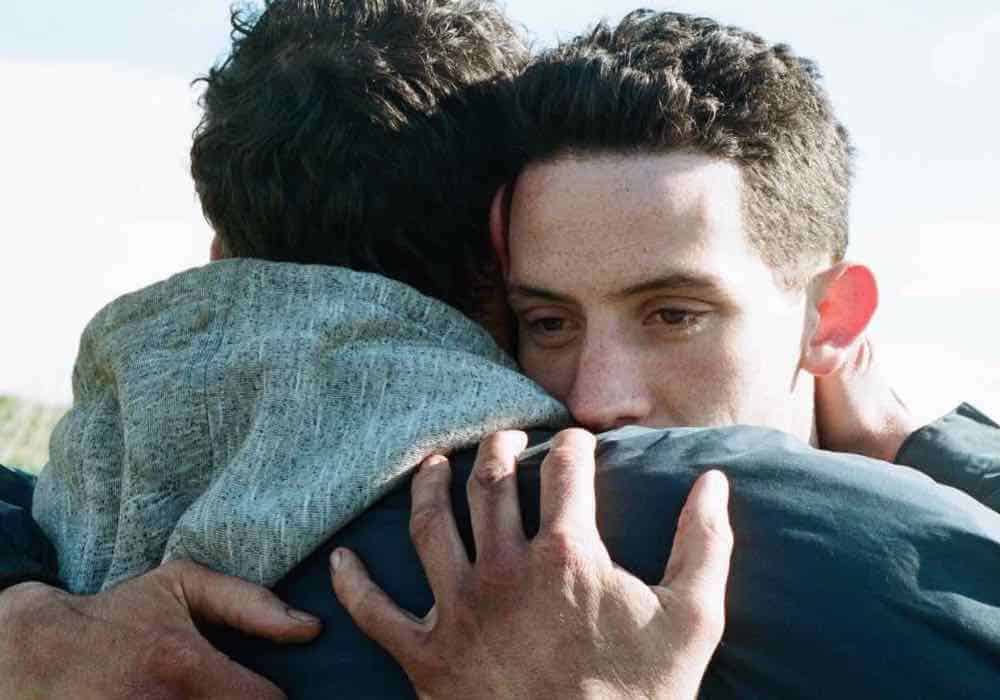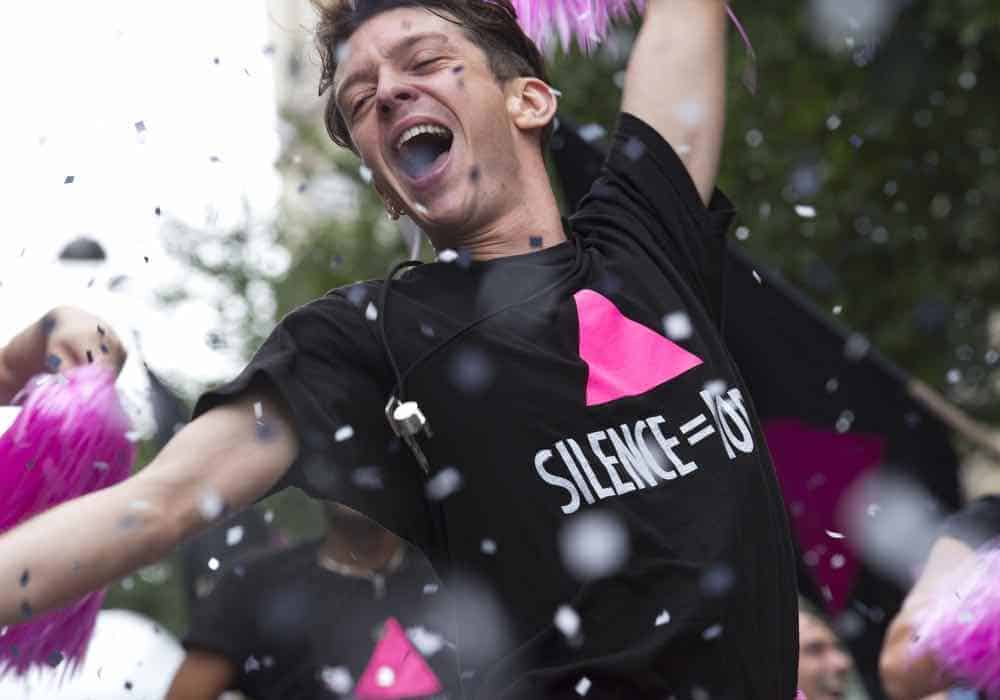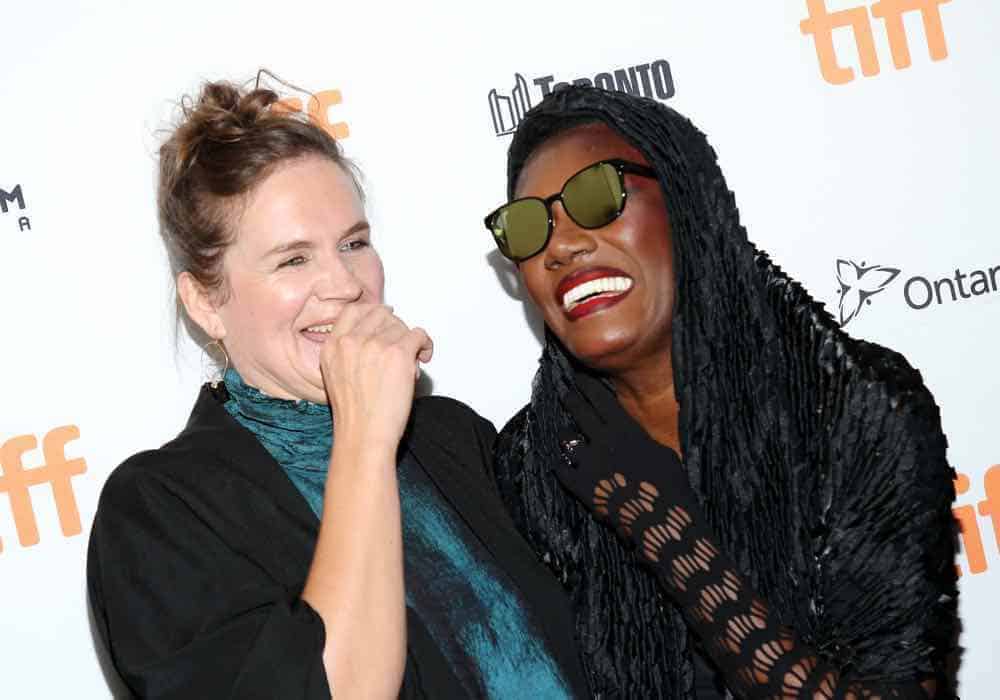In Call Me By Your Name, which premiered at Sundance, Guadagnino captures what first love feels like, in all its fumbling, awkward, confusing, terrifying, joyous glory. The film features breakout performances from Timothée Chalamat and Armie Hammer as the pair of young lovers.
Must Reads
Must reads are the best of the best articles at The Seventh Row. These include reviews, interviews, and essays. If you're new to the site, this is a good place to start to get a sense of what kinds of stories we write. Here is the best of our multidisciplinary approach to reviewing films, our most illuminating and original interviews, and our best essays.
With Thelma, Joachim Trier continues to develop his ‘dirty formalism’
Although it is his first foray into genre, Thelma is a continuation of director Joachim Trier’s signature ‘dirty formalism’, and further explores the themes of family dysfunction found in his previous work.
Bright Young Things: Josh O’Connor is ready to be vulnerable
We take an in-depth look at the career of rising star Josh O’Connor who plays Johnny Saxby in God’s Own Country, his performance in the film, and talk to the actor about both.
‘Cutting at right angles’: Frederick Wiseman on Ex Libris: New York Public Library
Frederick Wiseman on the making of his exquisite Ex Libris: New York Public Library, which is about the role of the library in society.
‘There have been two big stories in my life — the AIDS crisis and the cinema’: Robin Campillo on BPM (Beats Per Minute)
Director Robin Campillo and actors Nahuel Pérez Biscayart and Arnaud Valois discuss the making of 120 BPM (Beats Per Minute), the importance of Act Up, and coming out of the AIDS closet.
TIFF17 Interview: Sophie Fiennes on Grace Jones: Bloodlight and Bami and performativity
‘Being a bitch is not necessarily what you’re doing, but how you’re perceived.’ – Director Sophie Fiennes on making Grace Jones: Bloodlight and Bami





